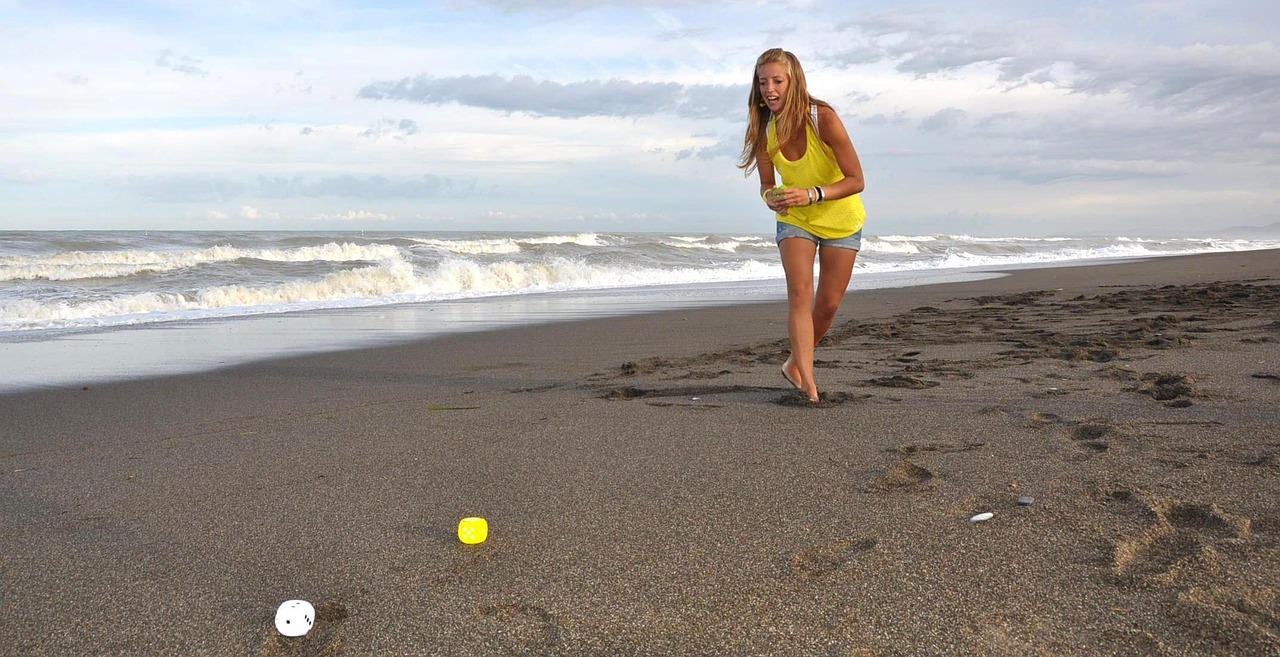The Impact of Social Media on Celebrity Privacy and Mental Health
Social media platforms have become ubiquitous in modern society, revolutionizing the way we communicate and connect with others. From Facebook to Instagram, Twitter to Snapchat, these online spaces have reshaped the dynamics of human interaction, allowing for instantaneous sharing of thoughts, images, and experiences. The accessibility and speed of social media have paved the way for global connectivity, enabling individuals to stay connected with friends and family across vast distances.
One of the most remarkable aspects of social media is its ability to democratize information sharing, giving a voice to individuals who may have previously been marginalized or silenced. Through platforms like Twitter and YouTube, ordinary people can amplify their stories, opinions, and talents to a wide audience, challenging traditional media hierarchies and gatekeeping mechanisms. This democratization of content creation has ushered in a new era of citizen journalism, where everyday people have the power to shape public discourse and hold institutions accountable.
The Cult of Celebrity
Celebrities today are admired and scrutinized on a level never seen before. With the rise of social media, fans have unparalleled access to the everyday lives of their favorite stars. This constant stream of information creates a culture of idolization where individuals are elevated to almost deity-like status.
The glamour and perceived perfection of celebrities can often overshadow their struggles and vulnerabilities. The pressure to maintain an image of flawlessness can take a toll on mental health, leading to issues such as anxiety and depression. Despite this, the public’s fascination with celebrities only seems to intensify, blurring the line between reality and the carefully curated personas that are presented to the world.
The Blurring of Public and Private Lives
Social media platforms have undeniably blurred the lines between public and private lives in unprecedented ways. What was once considered personal and intimate is now often shared with a vast audience, inviting strangers into the most intimate moments of individuals’ lives. The temptation to present a curated and idealized version of oneself online has led to a culture where authenticity can be overshadowed by the pursuit of likes, shares, and validation.
The perpetual connectivity facilitated by social media has made it challenging to distinguish between what is meant to be kept private and what is deemed suitable for public consumption. With the proliferation of influencers and online personalities, the boundaries between public figures and private individuals have become increasingly nebulous. The pressure to maintain a certain image can lead to a loss of privacy and an erosion of genuine human connections as the quest for external affirmation takes precedence over personal well-being.
How has social media impacted the blurring of public and private lives?
Social media has made it easier for individuals to share personal information with a wide audience, blurring the lines between what is public and what is private.
Why are celebrities often at the center of the blurring of public and private lives?
Celebrities are often highly scrutinized in the public eye, leading to their personal lives being constantly monitored and shared, further blurring the distinction between public and private.
What are some consequences of the blurring of public and private lives?
Some consequences include loss of privacy, potential for increased scrutiny and judgment, and challenges in maintaining boundaries between personal and public life.
How can individuals navigate the blurring of public and private lives in the age of social media?
It is important for individuals to set boundaries for themselves, carefully consider what they share online, and prioritize their mental and emotional well-being in the face of increased visibility and scrutiny.







